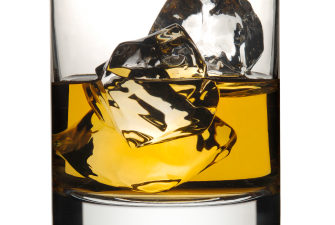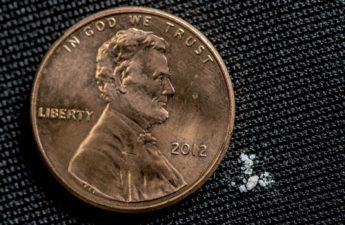As New Year’s Day approaches, health-based resolutions are hardly novel. The trend of “Dry January” has gained momentum during the pandemic, with 15% of U.S. adults attempting temporary alcohol abstinence last year.
“People simply report that they just feel better,” said Dr. Rotonya Carr, head of gastroenterology at the University of Washington School of Medicine. “Stopping drinking for just 31 days gives people more energy. They’re just not as fatigued. They’re sleeping better. Their blood pressure improves, their cholesterol panels improve.”
Weight loss also commonly results for Dry January participants, she added.
If you’re considering Dry January to kick off 2022, Carr suggests to plan about how you’ll handle social engagements that include alcohol and what you will drink in its place. Another step toward success: Having a friend join you in the pursuit or seeking online resources of support.
If a person who drinks heavily or suffers from alcohol addiction wants to attempt Dry January, Carr recommends seeking out a clinician’s support to develop a personalized, stepped plan.
“It is a wonderful thing to do in the month of January, as you’re thinking about your New Year’s resolutions,” said Carr, “but we need to plan, just like we plan for everything.”


